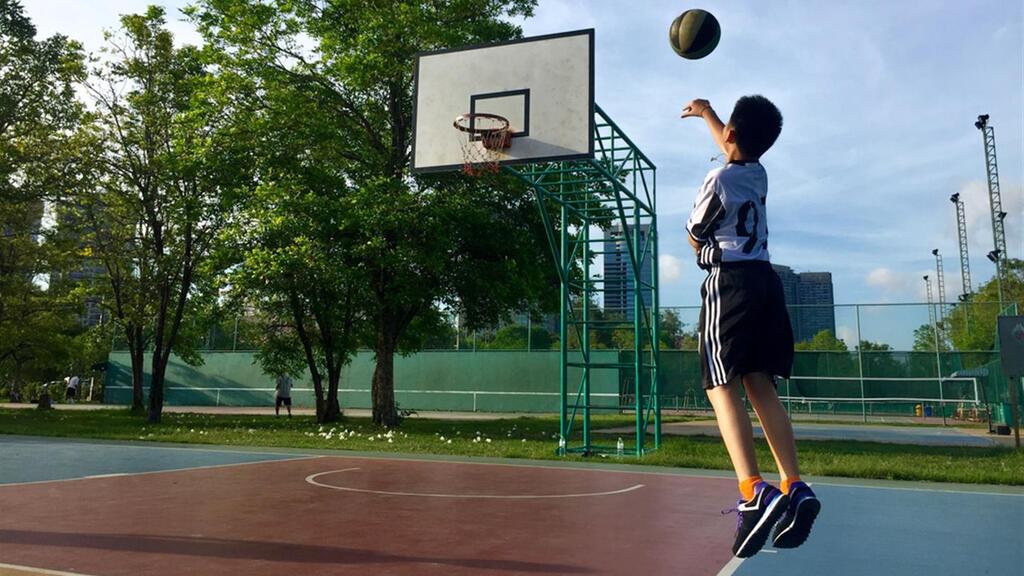Getting your Trinity Audio player ready...
The traumas of October 7, the war, mass displacement and constant rocket sirens have led to various problems among children across Israel. A new study now reveals a significant decline in their physical activity and an increase in screen time.
The study, led by Prof. Esther Adi Yaffe and doctoral student Gal Elias from the Child Development Program at Bar-Ilan University's Faculty of Education, examined the physical activity habits of 609 children up to the age of eight. The research aimed to determine if the war had altered these habits and to assess the correlation between parents' perceptions of neighborhood safety and their children's physical activity levels.
The World Health Organization recommends that children over five engage in at least 60 minutes of daily physical activity, some of which should be vigorous. However, the study found that most Israeli children do not meet these guidelines. Only about 15% of parents reported that their child gets an hour of physical activity daily, compared to 30-45% in similar European studies.
The level of physical activity has decreased further since the war began. Before the conflict, about 65% of children engaged in physical activity at least twice a week. This figure has now dropped to around 50%.
Instead of being active, children are spending more time in front of screens. Health organizations recommend limiting screen time to one hour per day for children aged 3-4 and two hours for those aged five and older. Before the war, 20.7% of Israeli children aged 3-4 and 27.2% of those aged 5-8 spent at least three hours a day on screens. These numbers have since risen to 30% for ages 3-4 and 35.7% for ages 5-8.
2 View gallery


Since war, Israeli children spend much more time around screens
(Photo: Shutterstock)
The survey also explored parents' perceptions of security threats, such as rocket fire and terrorist infiltrations. The study found a direct correlation between parents' heightened perception of security threats and the decline in their children's physical activity since the war began. The frequency of alarms in the area was another contributing factor.
Prof. Yaffe emphasized the importance of these findings, saying, "These insights are crucial for designing intervention programs that local authorities and the Education Ministry need to implement to prevent a decline in physical activity during wartime."




